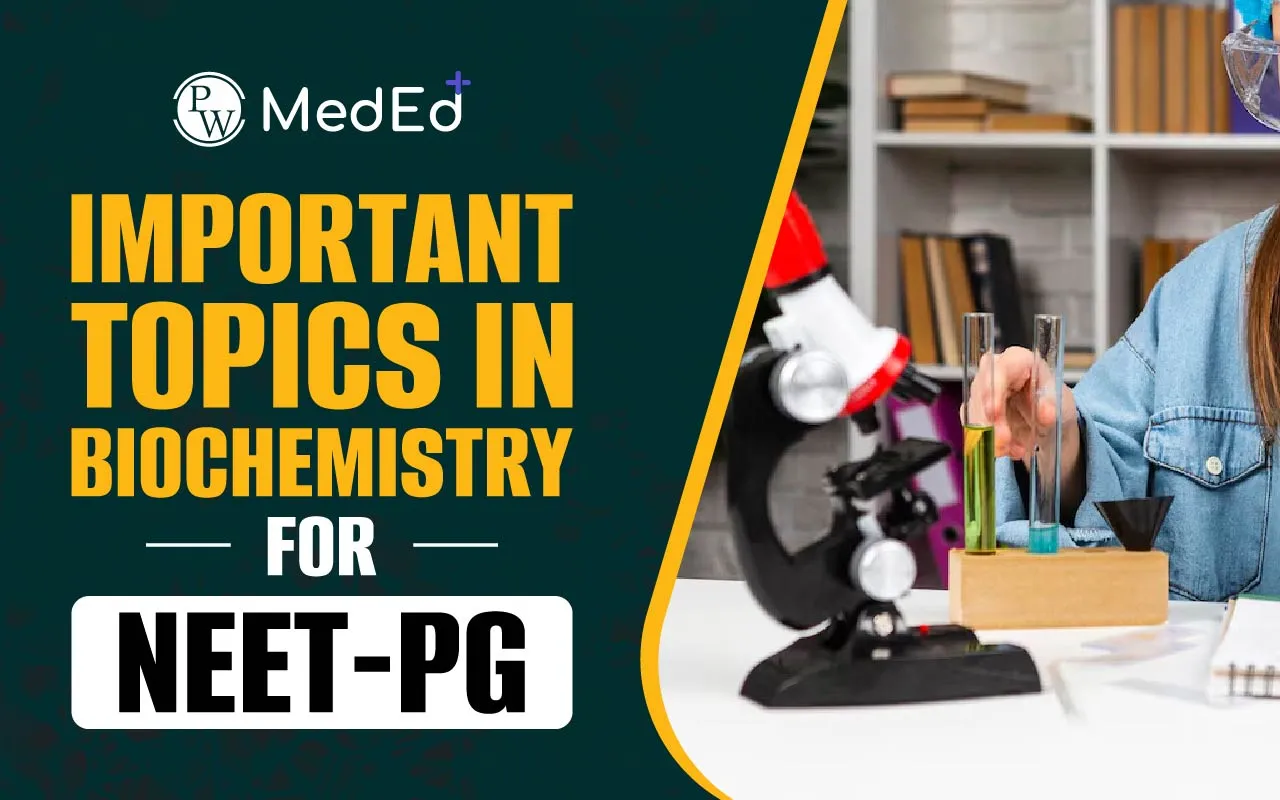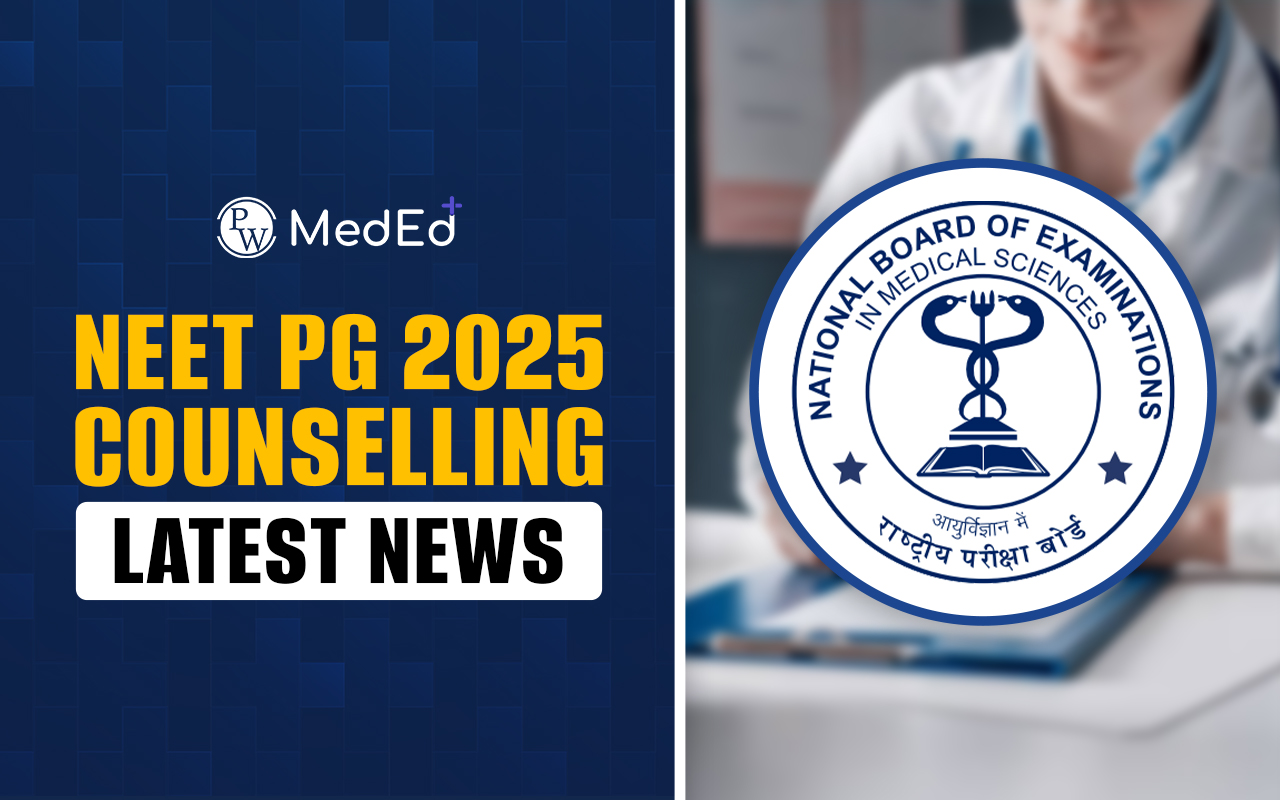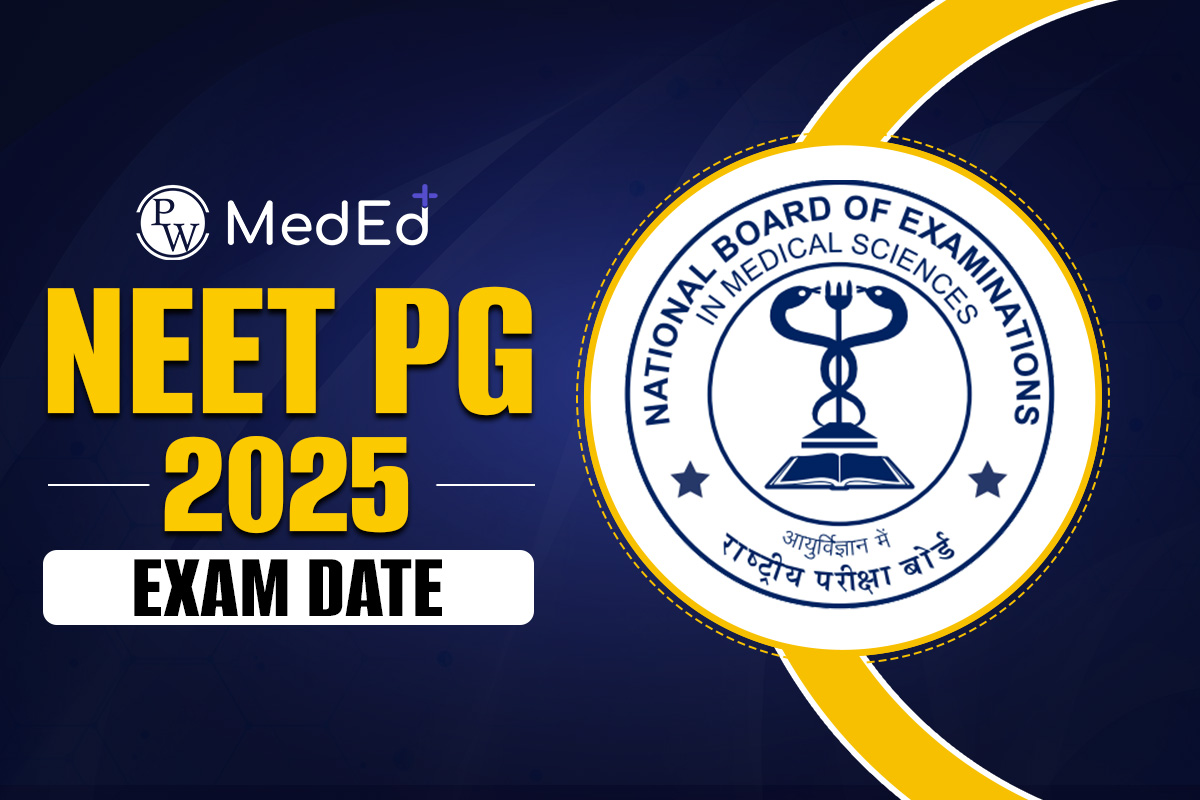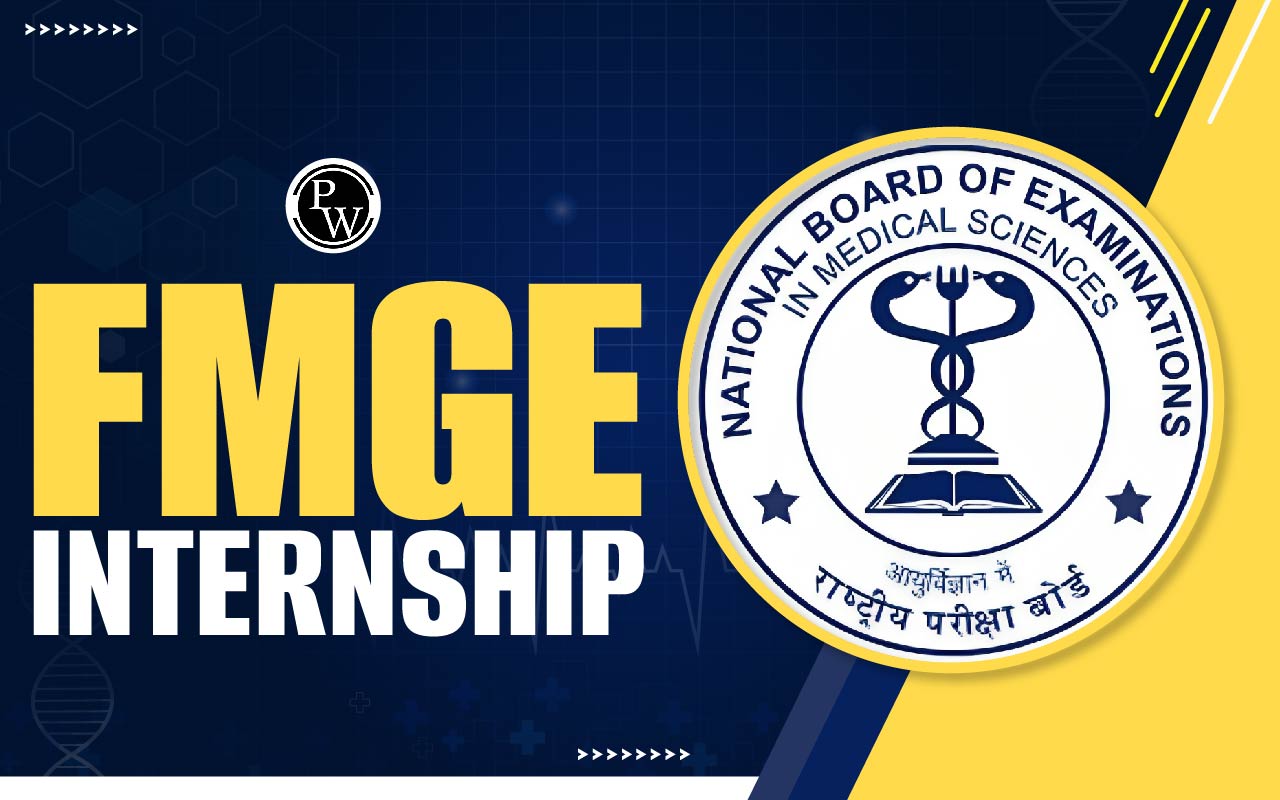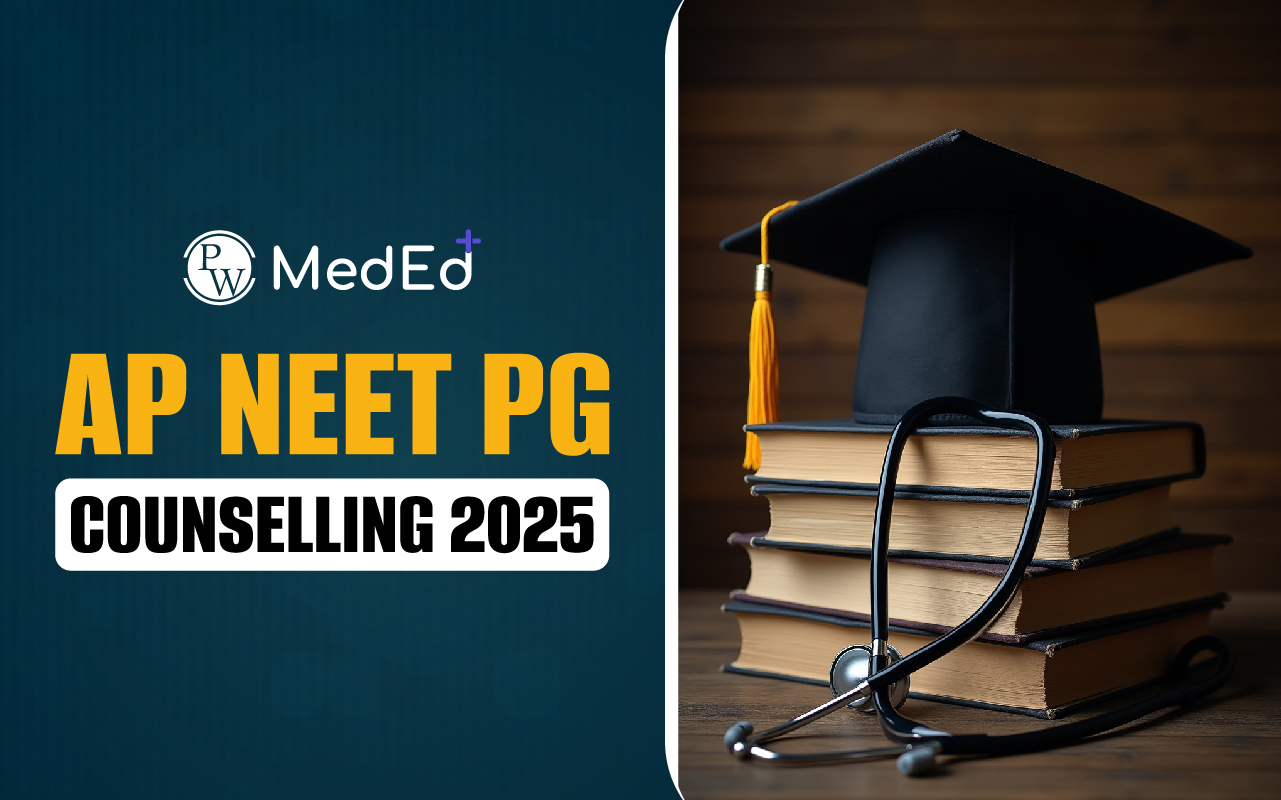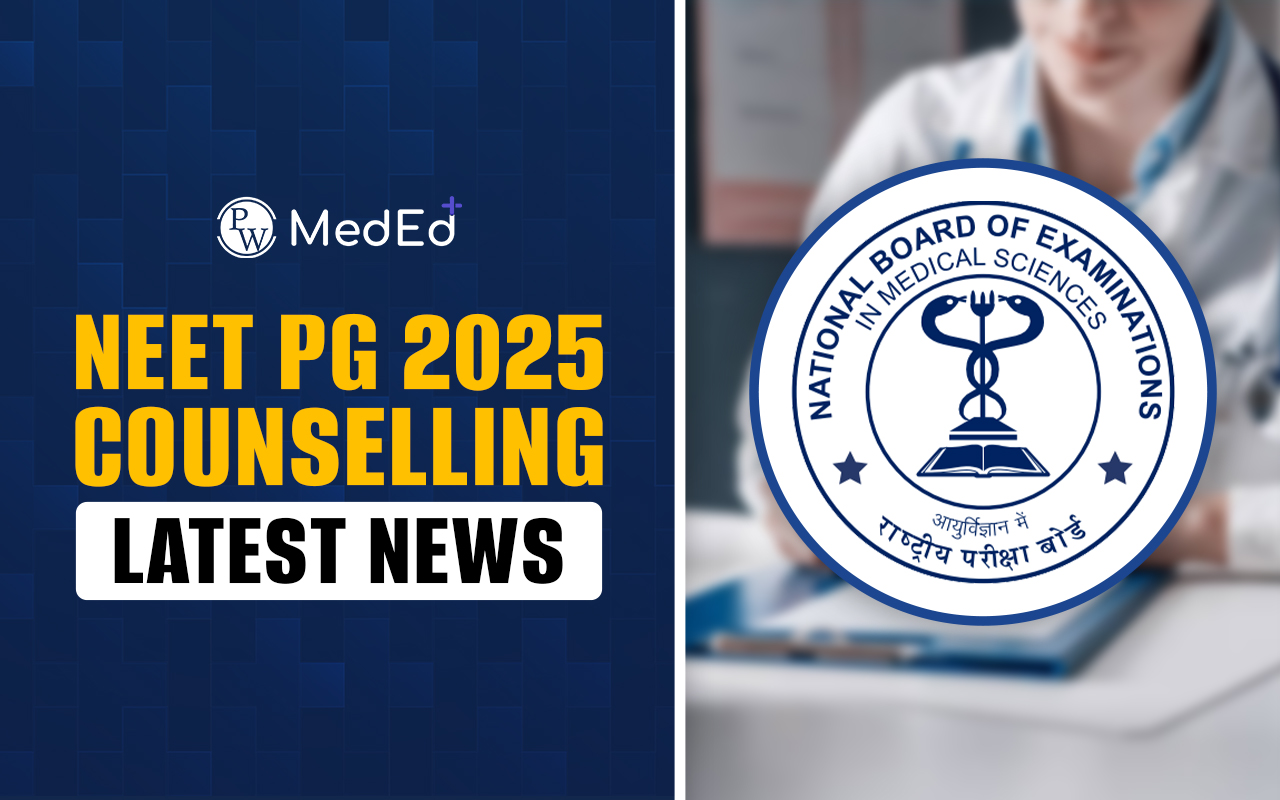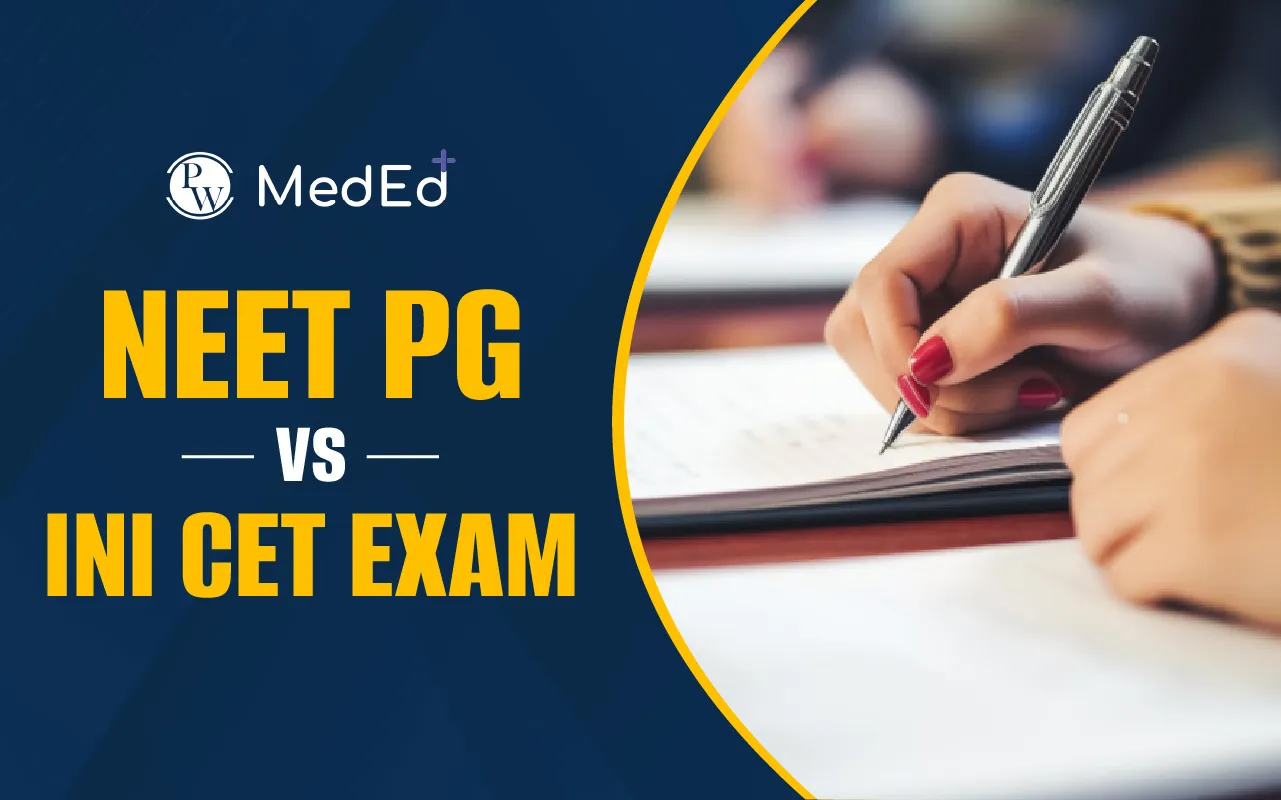
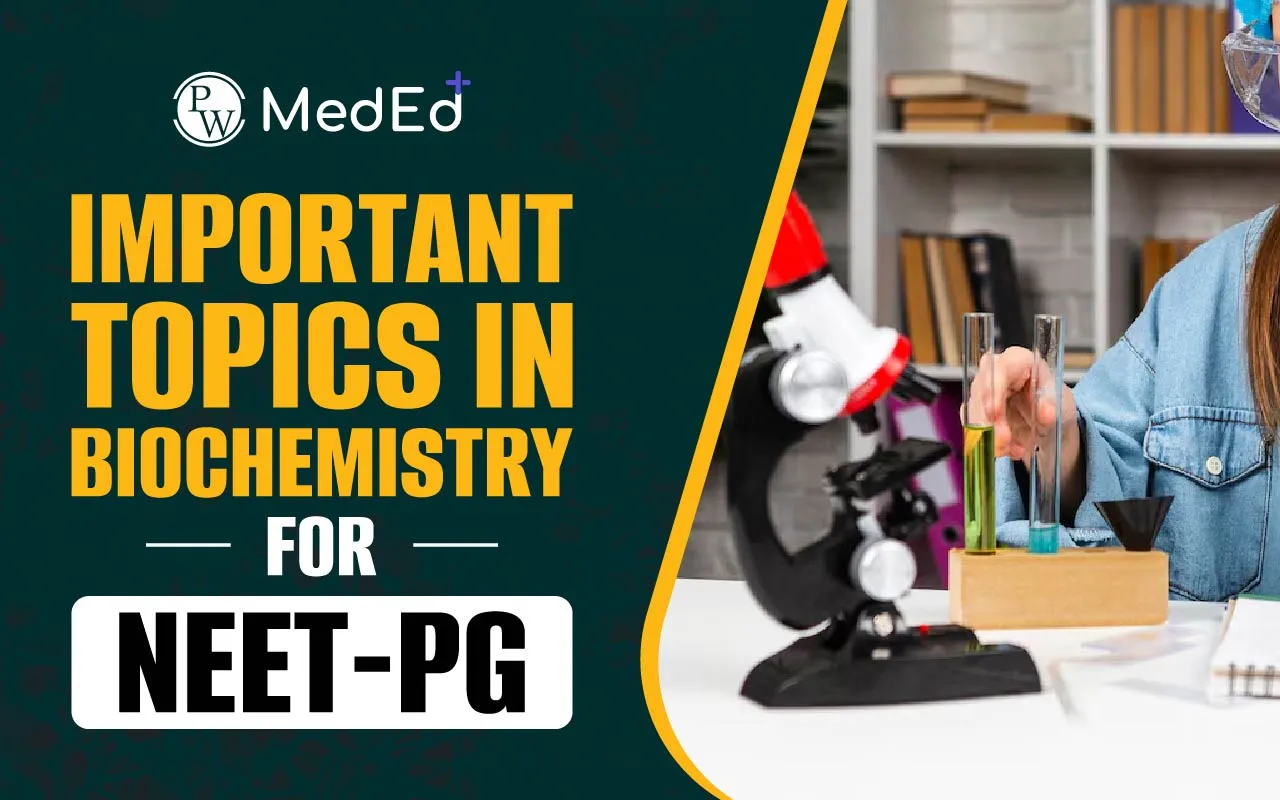
Important Topics in Biochemistry for NEET-PG: Biochemistry is a critical subject for the NEET-PG exam, providing a foundation for understanding various physiological and pathological processes that are essential for clinical diagnosis. To excel in the exam, candidates must focus on high-yield topics such as enzymes and enzyme kinetics, carbohydrate and lipid metabolism, protein and amino acid metabolism, molecular biology, vitamins and minerals, and clinical biochemistry. Other important topics include hormonal regulation, free radicals, antioxidants, and inborn errors of metabolism. Mastery of these areas will not only strengthen clinical correlations but also enhance performance in the NEET-PG exam. Regular revisions, MCQ practice, and a structured study plan are key strategies to excel in the subject. By emphasizing these important topics in biochemistry, aspirants can significantly improve their chances of success.
Download– MedEd App
Importance of Biochemistry in NEET-PG
Biochemistry plays a vital role in the NEET-PG exam as it forms the cornerstone for understanding the biochemical processes that govern human health and disease. A strong foundation in biochemistry helps in clinical applications, diagnosis, and treatment planning. Here’s why biochemistry is crucial for NEET-PG:
-
Understanding Metabolic Pathways: Knowledge of metabolic processes like glycolysis, Krebs cycle, and oxidative phosphorylation is key to grasping normal and pathological states.
-
Clinical Correlations: Biochemistry aids in interpreting lab results, such as liver and kidney function tests, and understanding diseases like diabetes and metabolic disorders.
-
Molecular Biology Insights: Understanding DNA replication, transcription, and translation is essential for genetics and pathology.
-
Foundation for Pharmacology: Biochemical principles help in understanding the mechanisms of drug action, enzyme inhibitors, and their therapeutic relevance.
Overall, biochemistry links molecular processes to clinical practice, making it indispensable for NEET-PG success.
Important Topics in Biochemistry for NEET-PG
Understanding Important Topics in Biochemistry for NEET-PG is crucial for aspirants as it helps build a strong foundation for clinical correlations and diagnoses. The following table summarizes the most high-yield topics and their subtopics, providing a structured approach to tackle this essential subject in the NEET-PG exam. Mastery of these topics is key to performing well in both theoretical and practical aspects of biochemistry.
|
Topic |
Subtopics |
|
Enzymes and Enzyme Kinetics |
Enzyme structure, Classification, Kinetics (Michaelis-Menten), Inhibition, Clinical importance |
|
Carbohydrate Metabolism |
Glycolysis, Gluconeogenesis, Citric Acid Cycle, Pentose Phosphate Pathway, Glycogen metabolism, Disorders |
|
Protein and Amino Acid Metabolism |
Essential/Non-essential amino acids, Urea cycle, Disorders (PKU, MSUD, Alkaptonuria) |
|
Lipid Metabolism |
Fatty acid oxidation, Ketogenesis, Cholesterol metabolism, Lipoproteins, Related disorders |
|
Nucleic Acids and Molecular Biology |
DNA/RNA structure, Replication, Transcription, Translation, PCR, Genetic disorders |
|
Vitamins and Minerals |
Water/Fat-soluble vitamins, Mineral functions, Deficiency disorders |
|
Hormones and Signal Transduction |
Mechanism of hormone action, Second messengers, Clinical disorders (Diabetes, Addison’s) |
|
Clinical Biochemistry and Laboratory Diagnosis |
Acid-Base Balance, LFTs, KFTs, Cardiac markers, Tumor markers |
|
Free Radicals and Antioxidants |
Oxidative stress, Antioxidants, Related diseases |
|
Inborn Errors of Metabolism |
Lysosomal storage diseases, Metabolic disorders, Diagnosis, Treatment |
Commonly Asked Questions on Important Topics in Biochemistry for NEET-PG Exam
In the NEET-PG Biochemistry section, candidates frequently encounter questions that test their understanding of key biochemistry concepts. Important topics in biochemistry such as enzyme kinetics, metabolic pathways, molecular genetics, and biochemical techniques are commonly covered in the exam, assessing both theoretical knowledge and clinical applications.
Which enzyme is responsible for the conversion of glucose to glucose-6-phosphate in the glycolytic pathway?
-
A) Hexokinase
-
B) Phosphofructokinase
-
C) Glucokinase
-
D) Pyruvate kinase
What is the primary function of the pentose phosphate pathway?
-
A) ATP production
-
B) Generation of NADPH and ribose-5-phosphate
-
C) Glucose synthesis
-
D) Fatty acid synthesis
Which of the following is a key regulatory enzyme in the urea cycle?
-
A) Citrate synthase
-
B) Carbamoyl-phosphate synthetase I
-
C) Glutamine synthetase
-
D) Acetyl-CoA carboxylase
Which vitamin deficiency is most commonly associated with the disorder known as beriberi?
-
A) Vitamin C
-
B) Vitamin B1 (Thiamine)
-
C) Vitamin B12
-
D) Vitamin A
Which of the following amino acids is classified as both ketogenic and glucogenic?
-
A) Leucine
-
B) Tyrosine
-
C) Lysine
-
D) Isoleucine
Recommended Books and Resources for Biochemistry
Biochemistry is a crucial subject in NEET-PG preparation, and using the right resources can significantly enhance understanding and performance. A combination of textbooks, reference books, and online resources can help students gain a deep understanding of biochemical concepts, including metabolic pathways, enzyme kinetics, and molecular biology. Here is a list of highly recommended books and resources that can aid in efficient NEET-PG Biochemistry preparation:
|
Book Title |
Author(s) |
Description |
|
Harper's Illustrated Biochemistry |
Robert K. Murray, David A. Bender, Kathleen M. Botham |
A popular MBBS book that provides detailed illustrations and explanations of biochemical processes. |
|
Biochemistry |
Jeremy M. Berg, John L. Tymoczko, Lubert Stryer |
A comprehensive textbook covering essential biochemical concepts with emphasis on molecular biology. |
|
Textbook of Biochemistry for Medical Students |
DM Vasudevan, Sreekumari S, Kannan Vaidyanathan |
Specifically designed for medical students, this book focuses on clinically relevant biochemical concepts. |
|
Biochemistry: A Short Course |
John L. Tymoczko, Jeremy M. Berg, Lubert Stryer |
A condensed version of the famous Berg & Stryer textbook, ideal for concise learning and exam preparation. |
|
BRS Biochemistry |
Michael A. Lieberman, Allan D. Marks |
A useful resource for quick review, offering concise explanations and practice questions to test understanding. |
|
Lippincott's Illustrated Reviews: Biochemistry |
Denise R. Ferrier |
Provides a clear and concise overview of biochemistry, with helpful illustrations and practice questions. |
|
Clinical Biochemistry Made Ridiculously Simple |
James R. McGregor |
A practical guide that breaks down complex biochemistry topics for easier understanding and application. |
Additional Resources:
-
Online Courses and Tutorials: Platforms like PW Med Ed app, PW MedEd YouTube Channel have excellent resources for visualizing biochemical processes and studying at your own pace.
-
Practice Question Banks: Regular practice using question banks on PW Med Ed app and other online resources helps reinforce your understanding of important biochemistry concepts.
Using these books and resources, students can enhance their grasp of the essential biochemistry topics that are frequently tested in NEET-PG, ensuring a more focused and effective study routine.
Get ready to ace the Medical exam for the dedicated career in medicine. Download the PW Med Ed app now!FAQ
What are the high-yield topics in biochemistry for NEET-PG?
Why is enzyme kinetics important for NEET-PG?
What is the significance of carbohydrate metabolism in the NEET-PG exam?
How do lipid metabolism and disorders affect NEET-PG preparation?
What role does clinical biochemistry play in NEET-PG?

